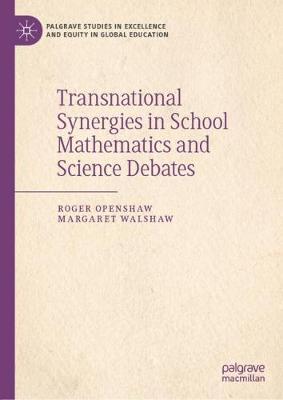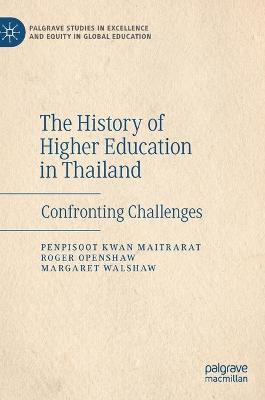Palgrave Studies in Excellence and Equity in Global Education
2 total works
Transnational Synergies in School Mathematics and Science Debates
by Roger Openshaw and Margaret Walshaw
Published 14 October 2019
This book highlights and interrogates the continued interest and scrutiny of mathematics and science education. National debates on excellence and equity tend to focus largely on underachievement in mathematics and science rather than subjects in the arts or music: this is due to a belief that these curriculum areas are central to individual workplace success and national development in a competitive economic environment. The authors explore the history of these assumptions, as well as the debates based around claims that student achievement levels in these subjects has fallen. Spanning the United States, New Zealand, Australia and the United Kingdom, the chapters question how such debates are sustained and amplified: how has this perceived ‘crisis’ been articulated and spread across national borders? This comprehensive book will be of interest and value to scholars of mathematics and science education, as well as international education debates.
The History of Higher Education in Thailand
by Penpisoot Kwan Maitrarat, Roger Openshaw, and Margaret Walshaw
Published 20 October 2021
This book explores the history of higher education in Thailand, and the ways in which excellence and equity have played out over time. Classed as a developing country, Thailand has implemented wide-reaching legislative and regulatory responses relating to the purpose, character of and access to higher education. The authors investigate these changes by interrogating the mechanisms and reciprocities that have operated at the international level to trigger this decision making, and acknowledge that these changes have often run up against long-standing cultural norms and ideologies. Thailand has a highly stratified society, and maintains a strong commitment to the preservation of Thai identity and traditional values: tensions and pressures are likely to arise when history, culture and ideology are not aligned with political decree. Importantly, the push and pull between equity and excellence within the education system are likely to lie at the heart of those tensions.

